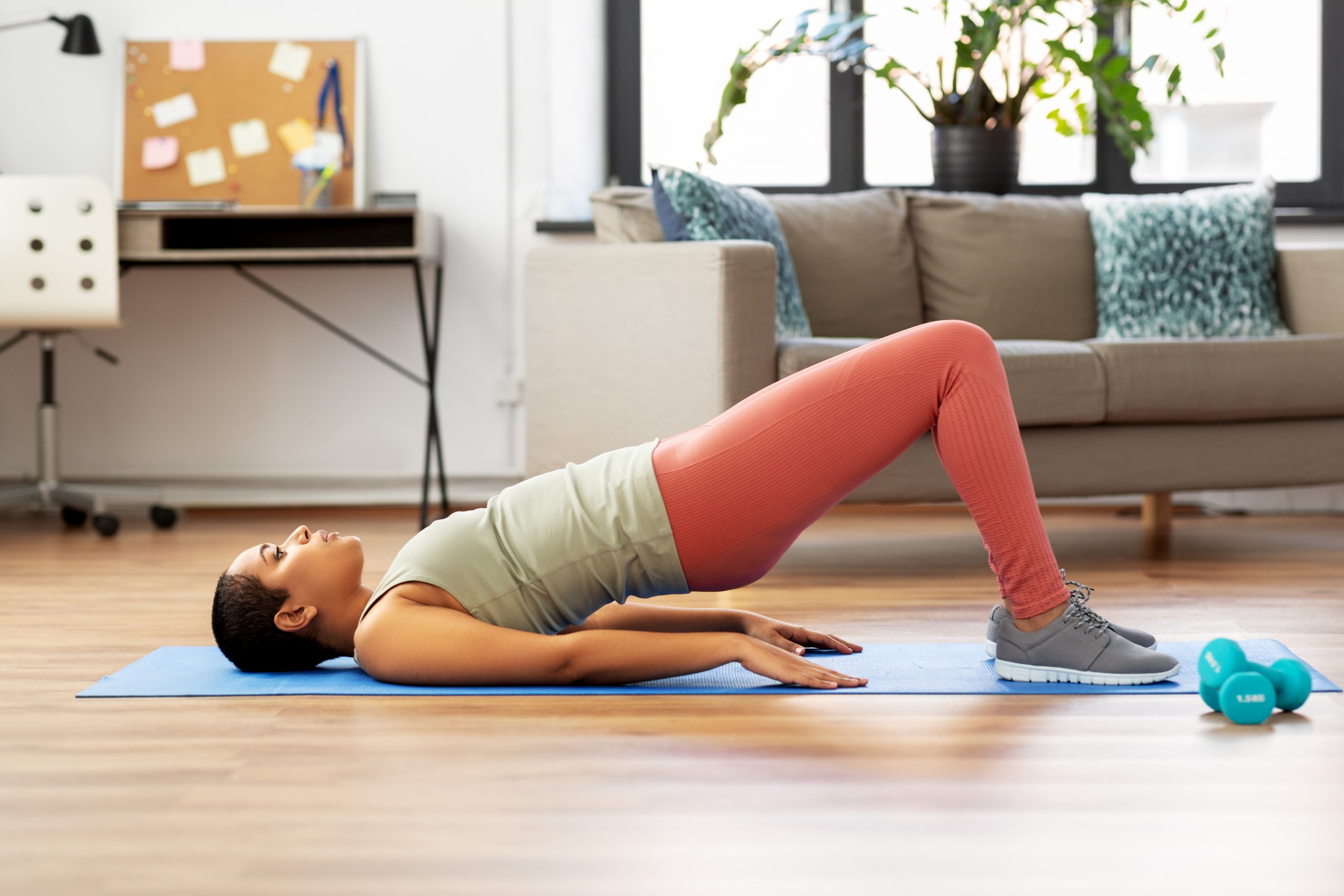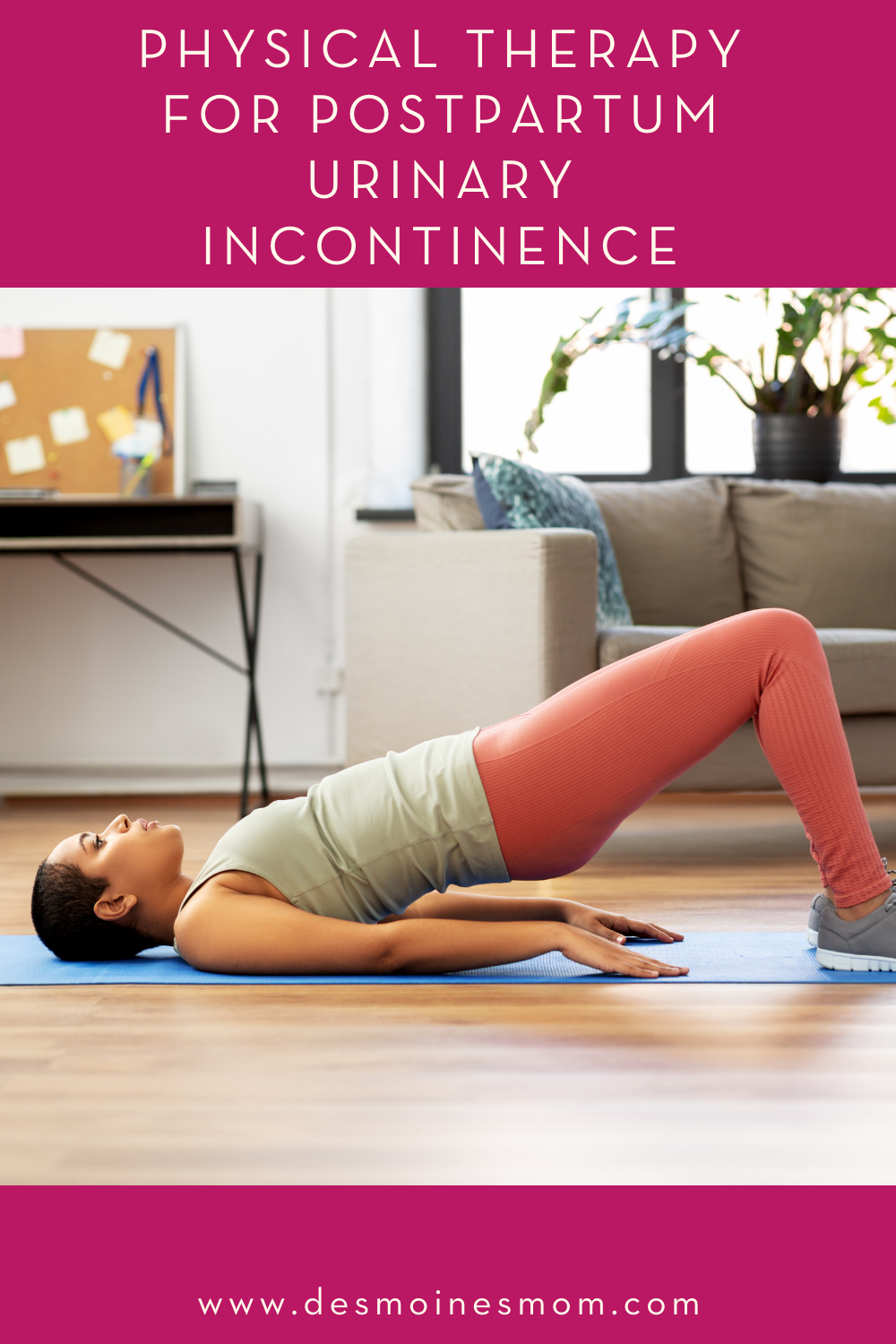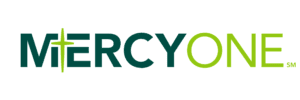lil Urinary incontinence. Bladder leakage. No matter what you call it, it is associated with the not so pleasant involuntary loss of urine, generally associated as a sign of “welcome to motherhood”, or maybe more of an “unwelcome” sign. Despite the fact that many of your female friends and family members, telling you this is “normal”, it is not. Urinary incontinence is common but not normal. You do not need to give up exercise routines, or playing with children, or having laughs with friends over the fear of urinary incontinence. Urinary incontinence can be resolved or improved with appropriate medical assistance including pelvic floor physical therapy.
Urinary incontinence. Bladder leakage. No matter what you call it, it is associated with the not so pleasant involuntary loss of urine, generally associated as a sign of “welcome to motherhood”, or maybe more of an “unwelcome” sign. Despite the fact that many of your female friends and family members, telling you this is “normal”, it is not. Urinary incontinence is common but not normal. You do not need to give up exercise routines, or playing with children, or having laughs with friends over the fear of urinary incontinence. Urinary incontinence can be resolved or improved with appropriate medical assistance including pelvic floor physical therapy.
Types of urinary incontinence
There are 2 main types of urinary incontinence:
- Stress incontinence is the involuntary loss of urine associated with physical exertion which increases pressure in the abdomen and on the bladder. This usually happens with coughing, sneezing, laughing, jumping, or heavy lifting. This type of incontinence is usually due to pelvic floor muscle weakness or poor muscle coordination. Your pelvic floor muscles may lose strength from pregnancy, childbirth, age, or hormonal changes.

- Urge incontinence is the involuntary loss of urine associated with a sudden,
uncontrollable, strong urge to void. This type of incontinence is due to uncontrolled
spasms or contractions of the bladder. Urge incontinence often has triggers such as cold, running water, or a key in the door. This can also be due to certain foods and drink, improper fluid intake, tight or weak pelvic floor muscles, chronic constipation, and/or poor voiding habits.
Physical Therapy
Pelvic floor physical therapy is a specialized area of physical therapy that involves rehabilitation of dysfunctions in the pelvis that contribute to not only bladder issues, but also bowel, sexual health, and pain complaints.
At the MercyOne Comfort Health Center for Women, a physical therapy evaluation includes an extensive history intake and a thorough movement evaluation. This may include assessing the back, hips, pelvis, and other surrounding structures. Strength, endurance, coordination, and the ability to relax the pelvic floor muscles will also be evaluated to assist in determining your optimal treatment plan. Each person’s treatment plan is individualized to address their specific impairments, however, typical physical therapy interventions may include any of the following:
- Pelvic floor strengthening for muscle weakness
- Pelvic floor relaxation/stretching for overactive or tight muscles
- Core strengthening
- Instruction on proper posture for optimal pelvic floor function
- Education and instruction on techniques to control abdominal pressure with functional movements
- Biofeedback to improve pelvic floor awareness and coordination
- Manual techniques to address any potential scar tissue from perineal tear/episiotomy that may restrict the ability to optimally activate and strengthen the pelvic floor muscles.
- Education on behavioral management techniques including:
- Avoiding bladder irritating foods and drink
- Developing healthy fluid intake habits
- Bladder retraining in order to normalize voiding frequency
- Treating chronic constipation, if present
- Weight reduction if overweight
Getting help
If you are currently experiencing urinary incontinence or any sort of pelvic floor dysfunction after childbirth, know this does not need to be a daily part of your life as a mom. There are non-surgical solutions, and all they often require is taking the first step of asking for help.
Pelvic floor physical therapy services are offered at the MercyOne Comfort Health Center for Women. Contact them at 515-222-7474 to schedule an appointment or speak with your medical provider, about a referral for pelvic floor physical therapy.
About the author
Jessica Gengler, PT, DPT, has focused her attention on the prac tice of pelvic health and rehabilitation for the past 4 years. She specializes in treating women and men with pelvic floor muscle dysfunction, particularly chronic pelvic pain, bowel dysfunction, bladder dysfunction including urinary incontinence, and prenatal and postpartum conditions. Jessica has advanced training in both internal and external pelvic floor muscle assessment and treatment, as well as training in skilled use of biofeedback and dry needling interventions.
tice of pelvic health and rehabilitation for the past 4 years. She specializes in treating women and men with pelvic floor muscle dysfunction, particularly chronic pelvic pain, bowel dysfunction, bladder dysfunction including urinary incontinence, and prenatal and postpartum conditions. Jessica has advanced training in both internal and external pelvic floor muscle assessment and treatment, as well as training in skilled use of biofeedback and dry needling interventions.
To schedule an appointment, please call 515-222-7474.
Connect with MercyOne Comfort Health Center for Women
MercyOne Comfort Health Center for Women
1601 NW 114th Street, Suite 151
Clive, Iowa 50325
(515) 222-7474
MercyOne.org/Comfort
Website: MercyOne.org/desmoines
Twitter: @MercyOneDSM
Facebook: @mercyonedesmoines
Instagram: @mercyonedesmoines
Pinterest: @MercyOneDesMoines
This post is part of a series from MercyOne Comfort Health Center for Women



















I’m so happy this is available in Des Moines. But I’m in Sioux City and 75 years old, so my problem has been with me for over 10 years. All of the information would help those of us older women. I don’t want a male worker in a nursing home helping me with my incontinence.